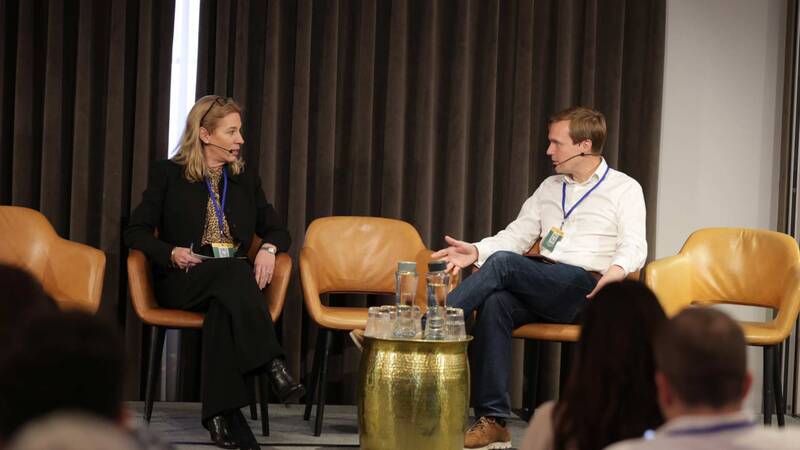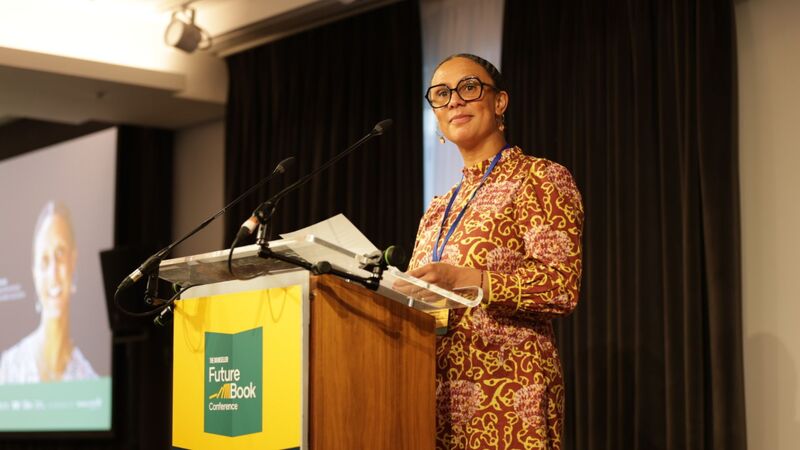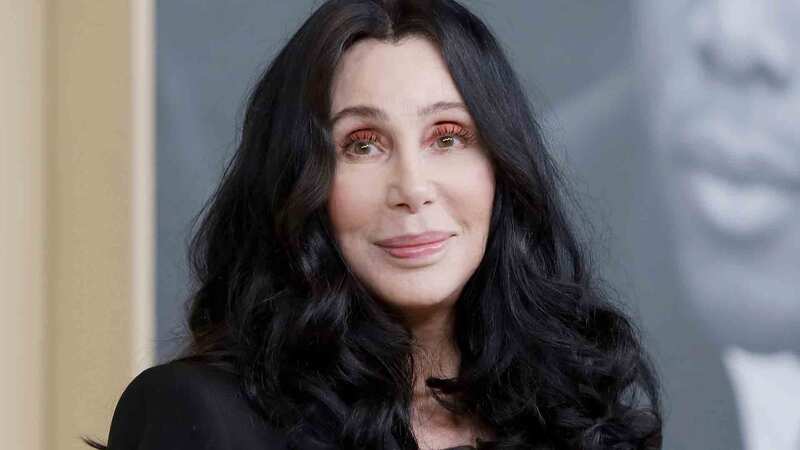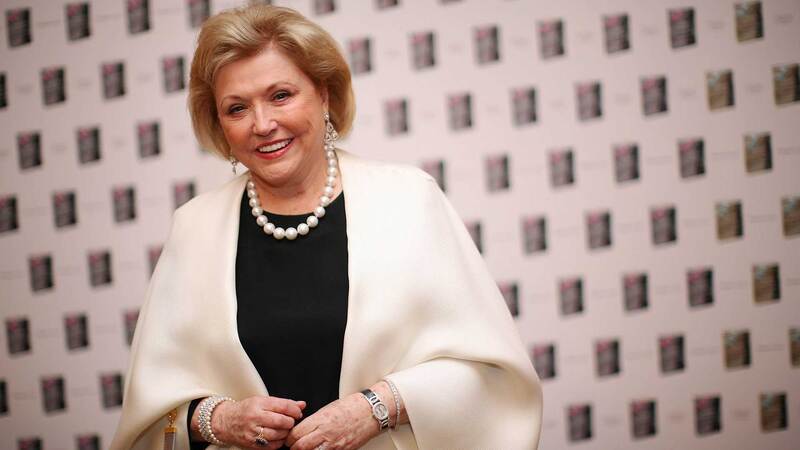You are viewing your 1 free article this month. Login to read more articles.
Booksellers criticised for sidelining BAME books in stores
Booksellers have been criticised for not featuring books by black, Asian and minority ethnic (BAME) authors prominently enough in their stores.
Trinidadian-British author Baroness Floella Benjamin OBE, speaking at a summer drinks reception for the All Party Writers Group (APWG) yesterday (24th May) at the House of Lords in London, said booksellers were sidelining titles by BAME authors by putting them "on a shelf in the back".
Baroness Benjamin, who is known as presenter of children's programmes such as BBC One's "Play School", said that while the publishing industry was "realising that diversity matters" and had "moved miles" in recent times, she knew from writing 30 books herself "how those books are being treated".
"I know a lot of publishers want to have books, and they have some books, from some incredible authors from diverse backgrounds, but the booksellers... You take your book to the shop, the publishers are keen to have a new book out there, but where do the booksellers put it? At a shelf in the back somewhere, under the label black or Asian or whatever kind of books. We don't want that. That has to change. It's a book for all people, because when you read about other people's culture, about other people's stories, it enriches yours. That's what Britain is all about. Britain is about evolving, this great tapestry that can bring a different way of thinking into other people's lives."
She added: "I know when my books go into a shop where they will end up - that has to change. It's not a 'black book', it's just happens to be a book about a character who is black."
Baroness Floella Benjamin OBE addressing the All Party Writers Group
The reception was preceded by a roundtable discussion on diversity hosted by minister of culture Ed Vaizey and Authors Licensing and Collecting Society's (ALCS) Barbara Hayes, attended by Penguin Random House UK chair Gail Rebuck and c.e.o. for HarperCollins UK Charlie Redmayne.
Vaizey said during the meeting that he and publishers had discussed the importance major literary festivals have in hosting "open debate" where the industry can engage with audiences on the issue of diversity.
In defence of using quotas on diversity, Vaizey also said he'd learned from his engagement on the issue over the years that "you need a few big interventions to make a statement to show that the ship is beginning to turn around."
"People can be cynical about [strategies and quotas]," he said, "they can be documents that just lie on the shelf - but in the climate that exists they can be real forces for change and show real commitment from people who are in a position to really push it."
He added: "You do need to talk about it. I know people are very frustrated by the fact that we talk about [diversity] but actually in publishing I don't think we talk about it nearly enough. We need to raise this issue, we need to raise the profile of this issue."
The success of the publishing industry overall was also praised by Vaizey as something ministers don't talk about enough, and credited the UK's publishing sector as one of only three nations in the world to publish more than 100,000 titles every year. He placed it on a par with advertising as the UK's most successful creative industry in terms of the economic contribution it makes.
"I could talk about libraries, but we might all fall out, Vaizey said. "I know what my reputation is. But we have worked very hard given libraries are funded and provided by local councils. Working with the Arts Council, we have provided funding for libraries, working with broadband delivery in the UK we have put wifi in more than a thousand libraries in the last six months."
Meanwhile, he said that the Leadership for Libraries Taskforce was the libraries agency he'd "dreamed of" for its role in helping local councils, "so that they don't have to reinvent the wheel and they can introduce innovation that some of our most successful and innovative councils are doing in their libraries".
According to figures from The Chartered Institute of Public Finance and Accountancy (CIPFA), 343 libraries have closed in the UK since David Cameron became prime minister in 2010, while library funding has dropped by £180m, a phenomemon that has been branded "a national scandal" by campaigners who have asked why MPs have "been allowed to stand by while the public library service is being hollowed out". Stephen Fry is to be the focus of a poster campaign organised by CILIP in defence of libraries.


















